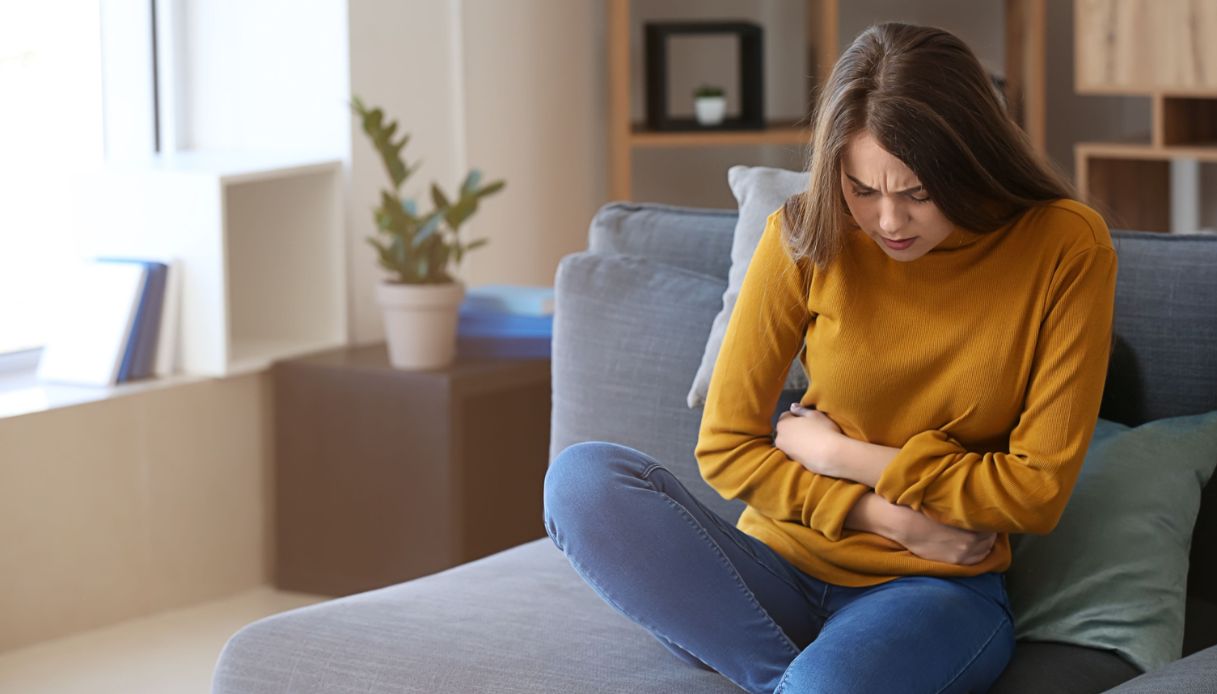Being an infection caused byaction of a pathogenic bacterium, listeriosis can present different clinical pictures. It is less frequent than, for example to salmonellosis, however, it resists various environmental conditions, including those concerning food processing. There are indeed some foods to pay more attention to and which should be avoided, especially in certain cases.
The Doctor Elena Occhini, Nutritionist Biologistexplains what the symptoms of listeriosis are and the possible risks during pregnancy.
What is that
‘Listeriosis is a rare infection caused by the bacterium Listeria Monocytogenes. This is a ubiquitous bacterium, as it occurs naturally in soil, fodder, in surface water and animal feces, and is responsible for the infection known as listeria or listeriosis. Generally, it contracts through the intake of contaminated foodbut they also exist other ways of transmission rarer, such as the vertical one between mother and child, or through the direct contact with infected animals, ”explains the doctor.
Symptoms
«Following the ingestion of the bacterium, the period between incubation and the manifestation of symptoms is about 7-14 days; in some cases the first symptoms appear after a few days. The most common clinical manifestations are flu-like among which:
- fever;
- chills;
- headache;
- cramps;
- diarrhea;
- nausea;
- He retched.
In fragile subjects, however, the symptoms can be more severe, up to the occurrence of a systemic gastroenteritis (meningitis, encephalitis and severe septicemias) », continues the expert.
Which foods are most at risk?
“The Listeria Monocytogenes it survives and multiplies at low temperatures (variable between 0 ° and + 4 °), at acid pH and in the presence of preservatives, such as nitrites. Another problem related to this bacterium is that it does not change the organoleptic characteristics (smell, taste, texture) of contaminated foods. The foods most at risk I am:
- pesce e raw meats;
- unpasteurized milk and dairy products;
- pate;
- raw fruit and vegetables that have undergone incorrect manipulations and conservation techniques », explains Dr. Occhini.
Attention also to the smoked fishto pre-packaged and processed foods, such as frankfurters and hot dogs, which must be consumed only after cooking.
What are the risks in pregnancy?
“During gestation the risk of getting listeria infection increases. This can occur in women with flu-like symptoms (vomiting, diarrhea, nausea, fatigue and weakness) or in a more severe form with serious damage to the nervous system (encephalitis and meningitis and acute forms of sepsis). I risks associated with this infection that are produced on the fetus are:
- miscarriage;
- congenital listeriosis;
- little desire to feed;
- multiple organ injuries;
- meningitis;
- changes in breathing;
- mortality at birth “.
In addition to pregnant women, there are among the subjects most at risk of listeriosis the immunosuppressed and the elderly.
How to treat it
Listeriosis, being caused by a bacterium, generally involves one antibiotic treatment which is prescribed by the doctor, after examining the patient’s situation and state of health. As for pregnant women, it is possible to prevent the transmission of the infection from the mother to the fetus by following one therapy given earlyalso following a careful evaluation.
Prevention
«Listeria resists low temperatures, but it turns out particularly sensitive to high temperatures and cooking (the bacterium is inactivated at temperatures> 65 °). For reduce the risk of exposure and infectionjust follow some simple rules of behavior such as:
- wash your hands often;
- always make sure of drinking water which is used for cooking and drinking;
- clean them all frequently kitchen surfaces and materials that come into contact with food, especially raw ones (cutting boards, utensils, small appliances, refrigerator, dishcloths and sponges);
- keep in the fridge separately the various foods (separate meat or ready cooked foods in closed containers in the refrigerator compartments);
- wash vegetables and fruit well under running drinking water, or use chlorine-based detergents;
- cook food well;
- follow the right ways of defrosting food and do not leave perishable food at room temperature;
- always respect the storage temperature indicated on the label », concludes the expert.
As we have seen, listeriosis is a subtle infection that in some cases can cause risks to your health and, if you are pregnant, also to that of the fetus. The most effective way to counteract it is to do preventionor practice some simple habits, ranging from washing hands, eating cooked foods and keeping the refrigerator clean, to consuming leftover foods within 2-3 days.
